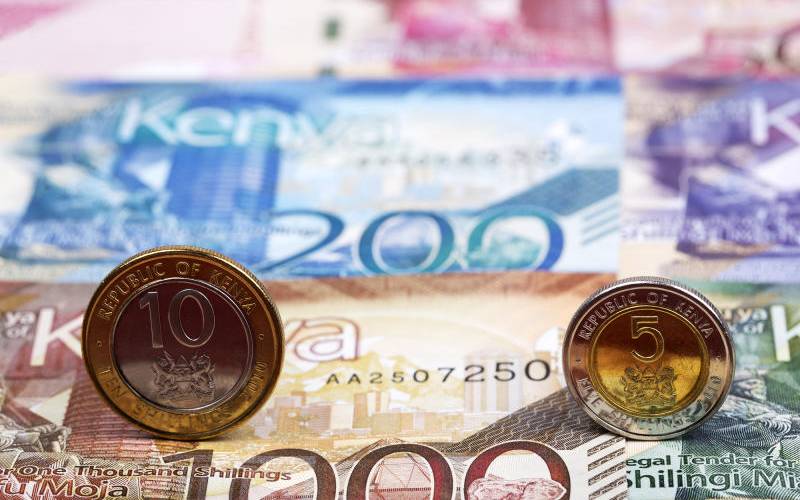×
The Standard e-Paper
Smart Minds Choose Us

When the train honks minutes to 6.35am, Anne Mureithi rushes out into the morning cold and makes her way to the Mwiki Railway Substation. There is a reason she prefers the train despite it being infamous for overcrowding.






